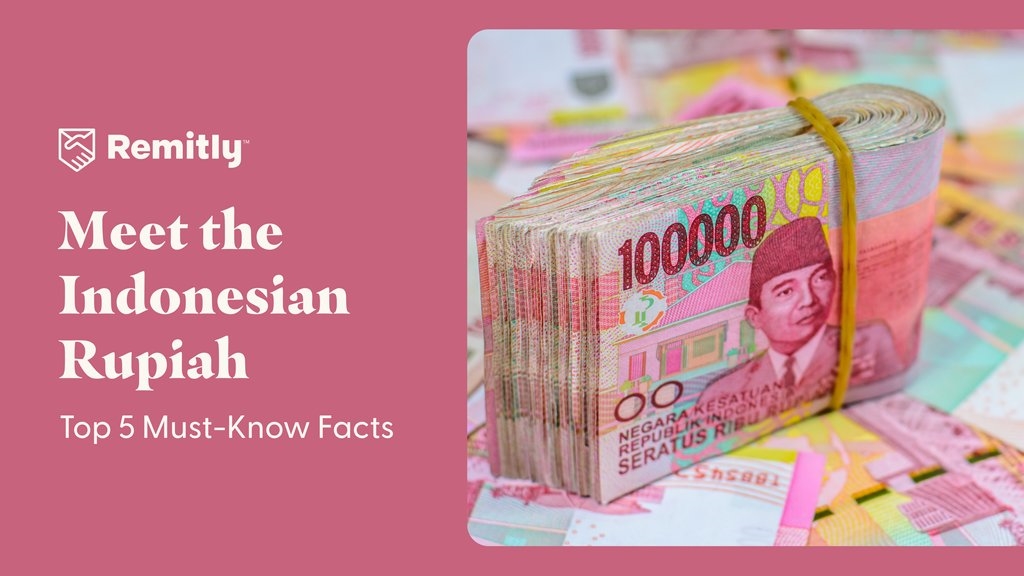How to Avoid Counterfeit Rupiah in Jakarta
Visiting Jakarta, Indonesia’s bustling capital, can be an exciting experience filled with vibrant culture, delicious food, and unique shopping opportunities. However, like many large cities around the world, Jakarta is not immune to the circulation of counterfeit currency. If you’re planning a trip or a stay in Jakarta, it’s essential to know how to identify and avoid counterfeit Rupiah to ensure your transactions are smooth and secure.
Recognizing Genuine Rupiah
The first step in avoiding counterfeit Rupiah is to familiarize yourself with the genuine currency. Indonesian Rupiah notes come in various denominations, including 1,000, 2,000, 5,000, 10,000, 20,000, 50,000, and 100,000. Each note has distinct features that can help you identify its authenticity:
- Watermarks and Security Threads: Hold the note up to the light to see the watermark, which should match the portrait on the note. Additionally, a security thread should be visible running vertically through the note.
- Color-Changing Ink: On higher denomination notes, such as the 50,000 and 100,000 Rupiah, the ink used for the denomination number changes color when viewed from different angles.
- Raised Printing: Genuine Rupiah notes have raised printing that you can feel by running your fingers over the note. This is particularly noticeable on the text and the portrait.
- Microprinting and Holograms: Look for tiny text that is difficult to replicate and holographic elements that change appearance when tilted.
Where to Exchange Money Safely
Exchanging money in Jakarta can be done safely if you choose the right places. Here are some tips to ensure you get genuine Rupiah:
- Use Official Money Changers: Stick to reputable money changers, which are often found in shopping malls and hotels. These establishments are more likely to provide genuine currency and offer competitive exchange rates.
- Avoid Street Vendors: While it might be tempting to exchange money with street vendors offering slightly better rates, the risk of receiving counterfeit notes is significantly higher.
- ATMs and Banks: Using ATMs or visiting banks is one of the safest ways to obtain Rupiah. Ensure the ATM is located in a secure area, such as inside a bank or a shopping mall, to minimize the risk of tampering.
What to Do If You Suspect Counterfeit Currency
If you suspect that you have received counterfeit Rupiah, it’s important to act quickly and responsibly:
- Do Not Attempt to Use It: Using counterfeit currency is illegal, and you could face serious consequences if caught. Instead, set the note aside and do not attempt to pass it on.
- Report to Authorities: Contact the local police or the nearest bank to report the counterfeit note. They can guide you on the next steps and may help you verify the authenticity of other notes you have.
- Educate Yourself and Others: Share your experience with fellow travelers or locals to raise awareness about counterfeit currency. The more people know about the issue, the harder it becomes for counterfeiters to succeed.
By staying informed and vigilant, you can protect yourself from counterfeit Rupiah while enjoying all that Jakarta has to offer. Remember, a little caution goes a long way in ensuring your financial transactions are safe and secure.
